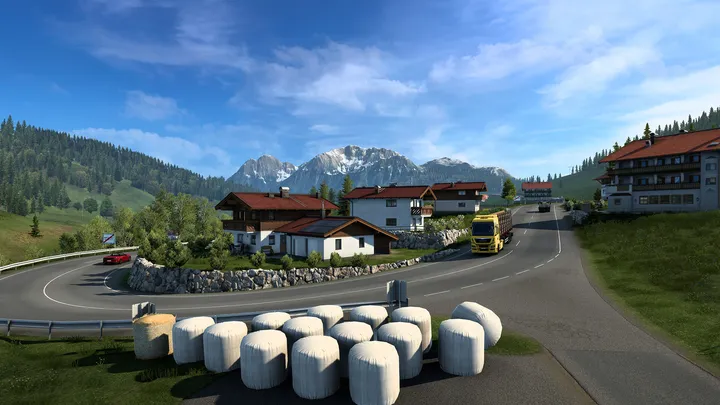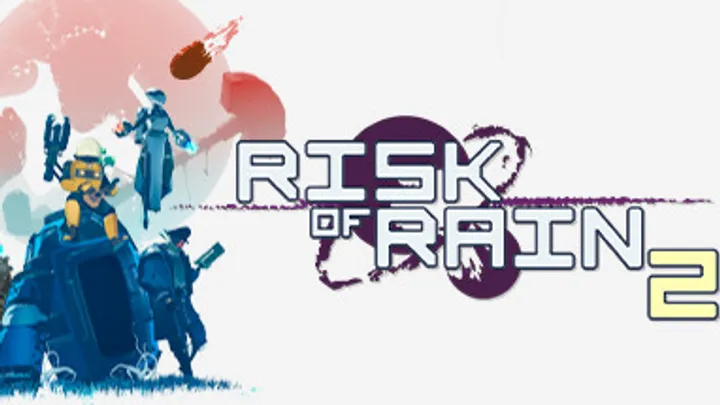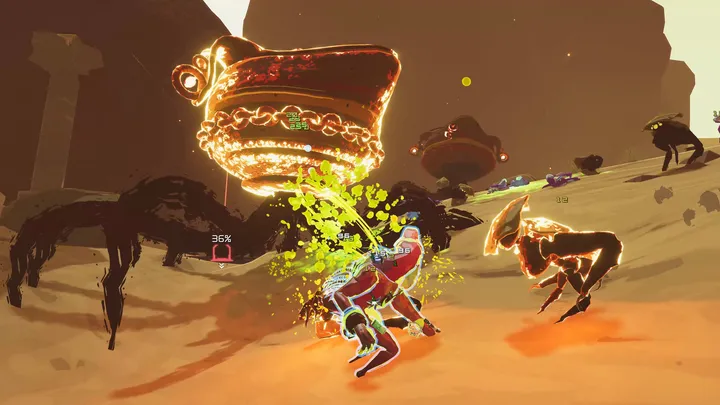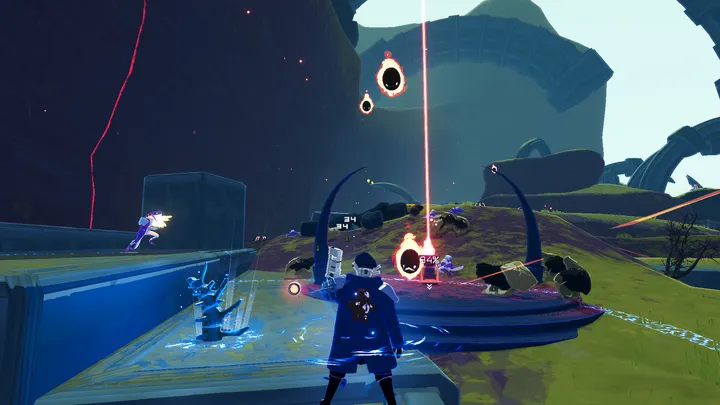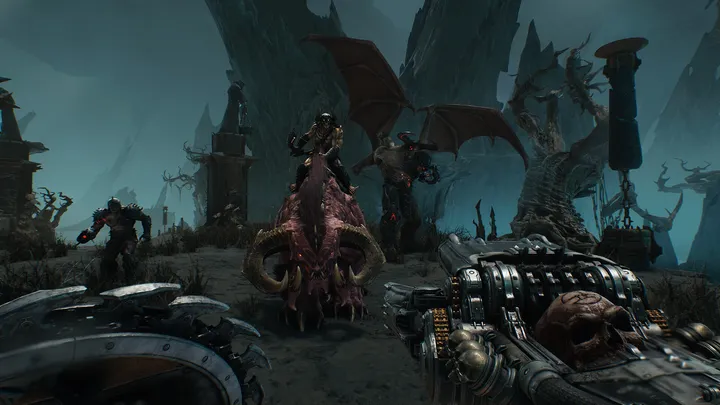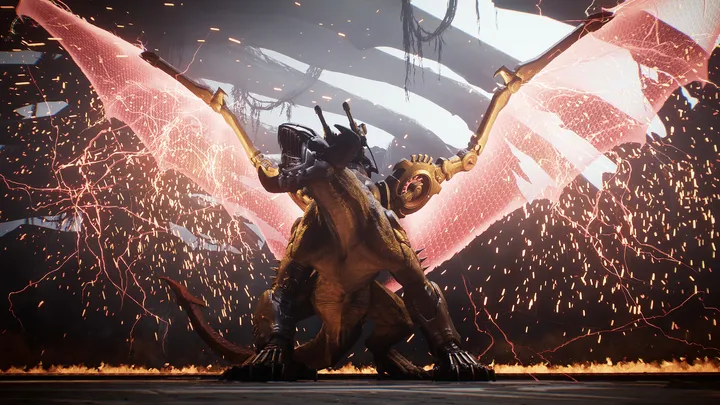Red Dead Redemption 2 is widely praised for its narrative depth, visual fidelity, and immersive open-world design. Yet among its many innovations, the Honor system stands out as a quiet but powerful mechanism that redefines not only the player’s interaction with the world but also the emotional trajectory of Arthur Morgan. Far from being a simple morality meter, Honor in this game operates as a psychological framework—shaping dialogue, altering the environment, influencing cutscenes, and ultimately determining Arthur’s final fate.
This article explores the Honor system in depth, tracing how it evolves across the storyline, how it intertwines with gameplay and narrative design, and how it transforms Arthur from a Western outlaw into one of the most compelling protagonists ever written.
1.The Origins of Honor: A Subtle System with Immense Implications
The Honor system at the beginning of Red Dead Redemption 2 appears deceptively simple. Perform good deeds, raise Honor; commit crimes, lose it. But the game subtly introduces players to the idea that Honor is not just a mechanic—it’s a reflection of Arthur’s internal struggle.
Early-game hints
During Chapters 1 and 2, players see that Honor affects how NPCs react and how Arthur comments on his own actions. These early cues prepare players for the deeper role Honor will play later.
A shifting lens
As players make choices—helping strangers, choosing mercy over violence—Honor quietly becomes a mirror to their playstyle, blending character and player intent into one.
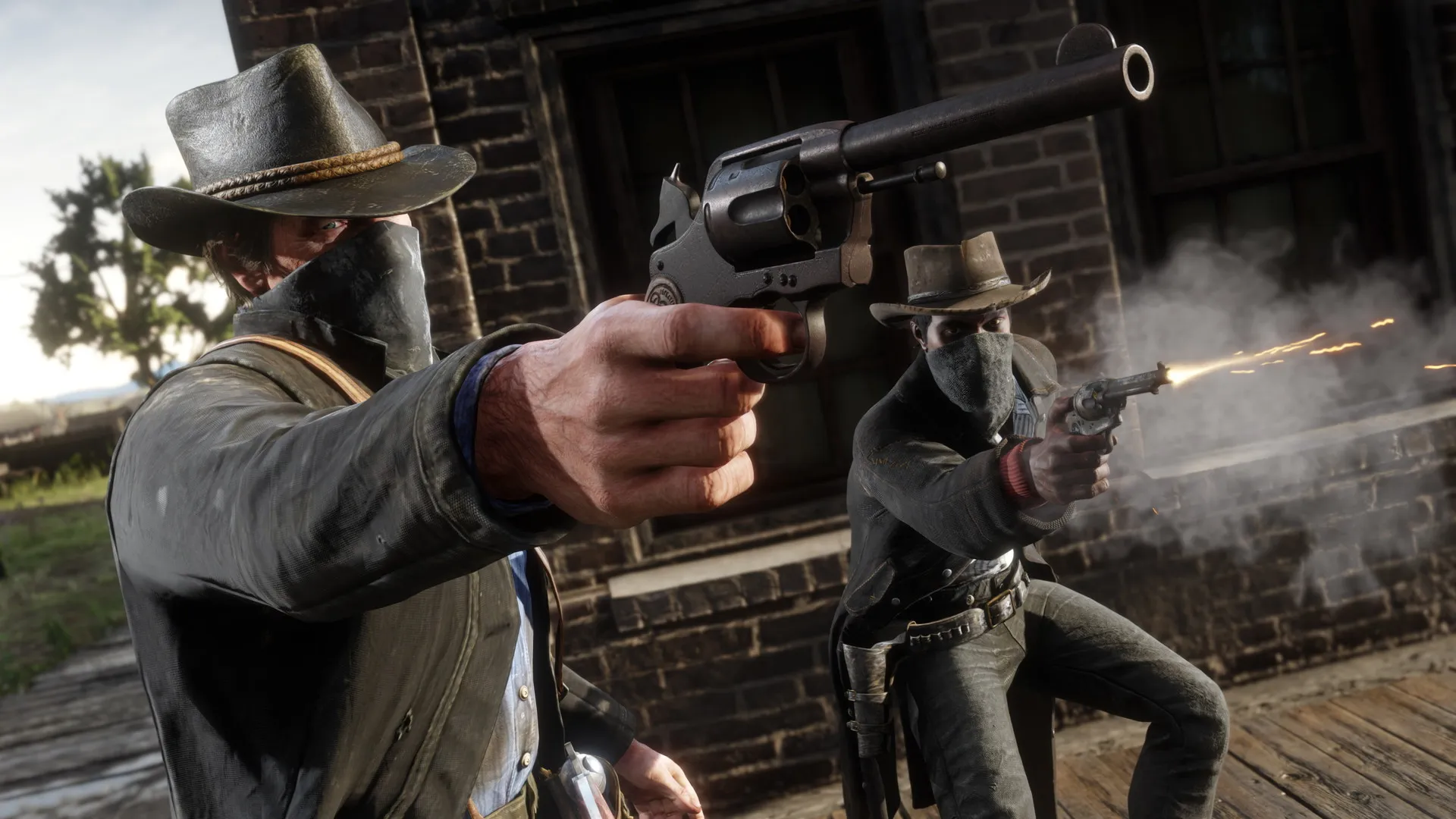
2.Early Narrative Conflicts: Honor as a Moral Pressure Point
As Arthur participates in the Van der Linde gang’s early operations, the tension between loyalty and personal conscience begins to surface. The Honor system magnifies this conflict by letting players decide how Arthur responds to morally ambiguous missions.
Loyalty to Dutch
Arthur still believes in Dutch’s leadership at this stage, but Honor choices reveal cracks in his confidence.
Role of small actions
Rescuing hostages, sparing witnesses, or helping townsfolk showcase Arthur’s capacity for compassion—long before the story forces him to confront his morality outright.
3.The Player’s Hand: How Freedom Shapes Arthur’s Identity
Unlike many narratives that force morality through cutscenes, Red Dead Redemption 2 allows players to craft Arthur’s personality. The Honor system becomes the bridge between gameplay decisions and narrative identity.
Interaction-based morality
Bar fights, hunting behavior, witness intimidation, and law encounters all feed into Arthur’s Honor rating, making every choice feel meaningful.
Behavioral storytelling
The more honorable Arthur behaves, the more reflective and empathetic his journal entries become, showcasing psychological growth.
4.Chapter 3–4: Honor Adjusts the World’s Attitude
Around the mid-game, small Honor fluctuations accumulate into major world reactions. NPC dialogue changes significantly—storekeepers greet Arthur differently, passersby comment on his reputation, and random encounters shift tone.
Reputation as gameplay
High-honor Arthur receives discounts, gifts, and neutral responses from lawmen. Low-honor Arthur faces fear and hostility.
Environmental reflections
The tone of sunsets, certain camp scenes, and ambient music subtly adapt to Arthur’s Honor level, reinforcing emotional resonance.

5.Moral Crossroads: Missions Designed Around Honor
Several missions in Chapters 4 and 5 are crafted specifically to test and reveal Arthur’s moral direction. The choices are rarely clear-cut, designed to make players reflect on who Arthur is becoming.
Mercy vs. brutality
Moments such as choosing whether to beat debtors or help them highlight the tension between gang loyalty and evolving personal ethics.
Confronting Dutch’s ideology
Arthur’s Honor rating shapes his remarks toward Dutch, making confrontations in later chapters feel more emotionally charged.
6. Arthur’s Illness: Honor Guides His Emotional Transformation
Arthur’s tuberculosis diagnosis becomes the emotional core of the story. Honor shifts from a gameplay mechanic into a philosophical compass guiding Arthur’s final months.
Tuberculosis as a narrative device
His mortality forces self-reflection, amplified by Honor-based monologues and journal entries.
Compassion growing from pain
High-honor Arthur’s dialogue during this period prioritizes empathy—toward John, the gang, and innocent strangers—while low-honor Arthur becomes resigned, bitter, and detached.
7.High Honor Arthur: A Journey Toward Redemption
A high-honor Arthur Morgan embodies the game’s namesake theme: redemption. His dialogue softens, his worldview broadens, and his interactions with John and Abigail shift toward selflessness.
Supporting John’s escape
High-honor Arthur encourages John to be a better father and chooses sacrifice to secure the Marston family’s future.
A peaceful final vision
High-honor players are rewarded with Arthur’s vision of a deer or buck—symbolizing purity, hope, and spiritual peace.
8.Low Honor Arthur: The Descent into Bitterness
For players who embrace chaos, Arthur transforms in a drastically different way. His dialogue becomes harsher, his treatment of gang members darker, and his worldview more cynical.
A man unrepentant
Low-honor Arthur is aggressive and weary, often expressing that redemption is impossible or undeserved.
The wolf vision
Instead of a buck, low-honor Arthur sees a wolf, symbolizing savagery, loneliness, and inner conflict—representing a life defined by violence.
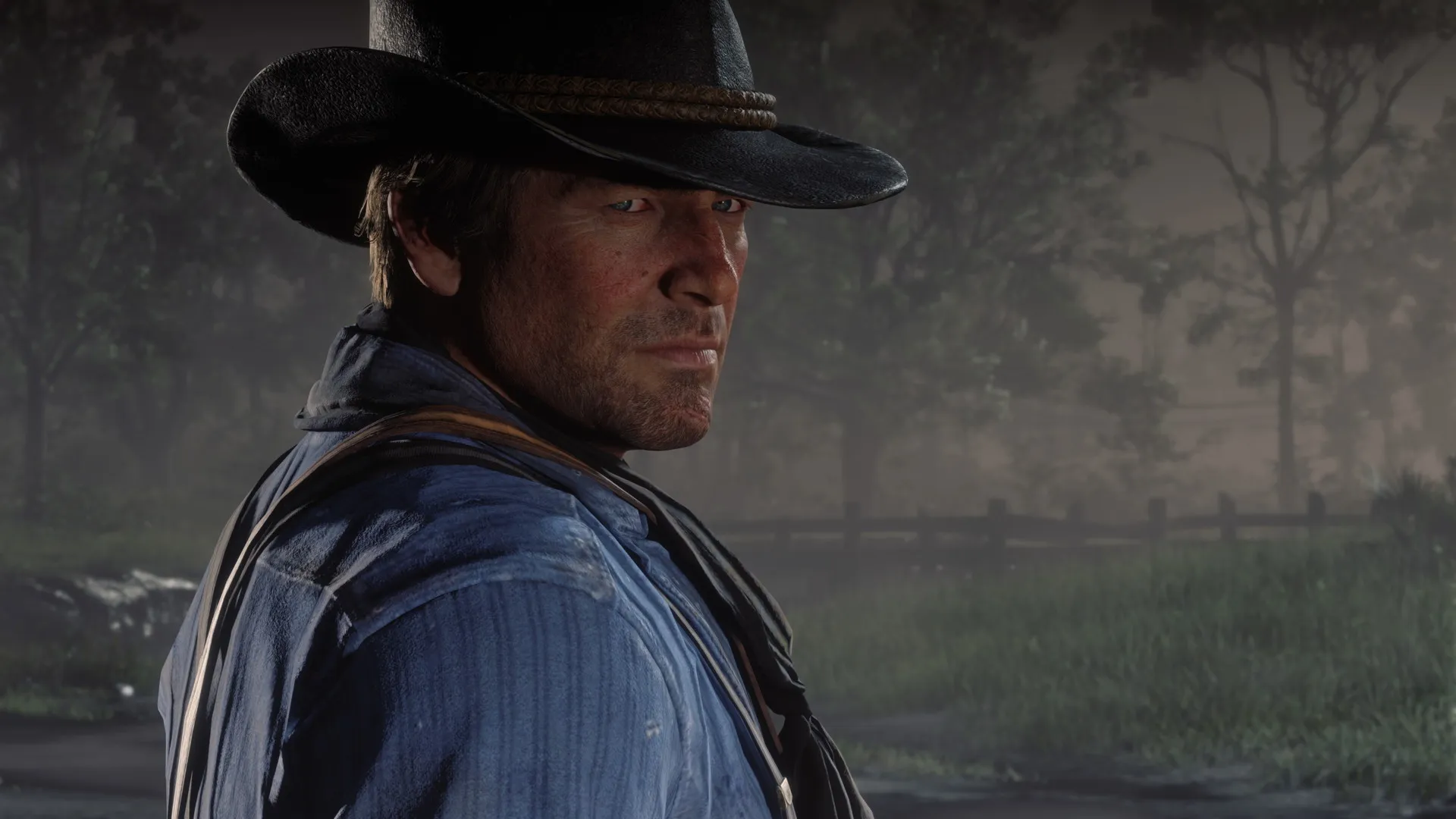
9.The Final Choice: How Honor Shapes Arthur’s Fate
Honor’s influence culminates in Arthur’s final scenes at the mountainside. While the broad strokes are similar, the emotional framing, dialogue, and Arthur’s mindset change dramatically based on Honor.
High-honor outcome
Arthur dies peacefully watching the sunrise, expressing hope for John’s future. His voice carries a tone of acceptance and forgiveness.
Low-honor outcome
Arthur dies in darkness and hostility, filled with resentment toward Dutch. The tone is harsher, more tragic, and devoid of redemption.
10.Legacy of Honor: Its Impact on the Epilogue
Even after Arthur’s death, the world remembers him differently depending on Honor. John hears stories from townsfolk—either praising Arthur’s kindness or warning about his brutality.
Influence on John
High-honor Arthur inspires John to become more responsible. Low-honor Arthur leaves John with a sense of fear and uncertainty about repeating past mistakes.
World echoes
NPC reactions continue to reflect Arthur’s Honor long after he’s gone, showcasing how deeply the system ties into worldbuilding.
The Honor system in Red Dead Redemption 2 is far more than a morality tracker—it is the emotional backbone of Arthur Morgan’s journey. Through subtle design, psychological nuance, and gameplay integration, Honor shapes how players perceive the world and themselves within it. Whether Arthur’s life ends in redemption or regret, the system ensures that the player feels responsible for his transformation. It’s a powerful narrative achievement, one that elevates Red Dead Redemption 2 into a masterpiece of interactive storytelling.











